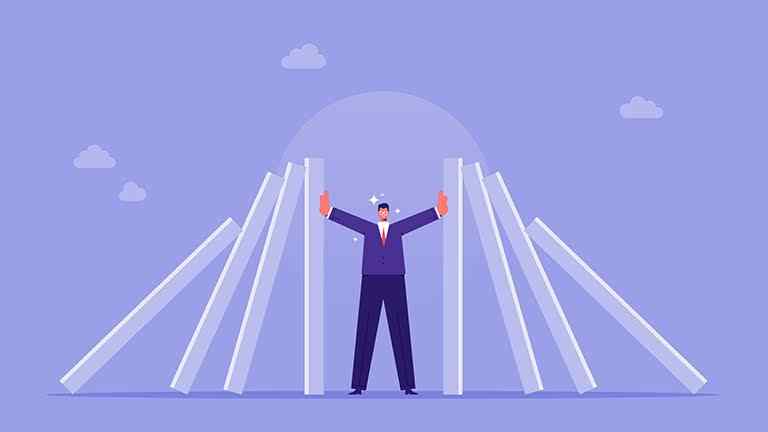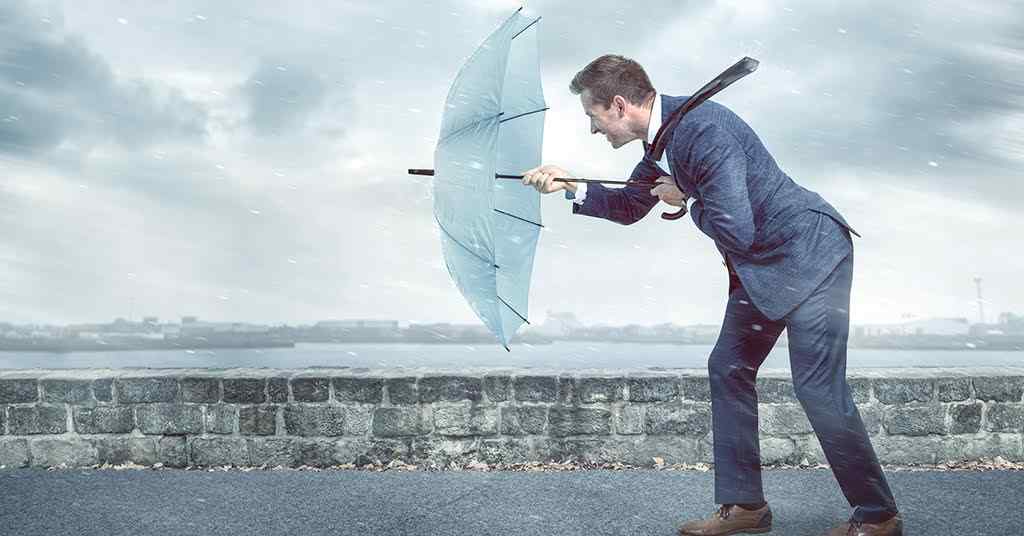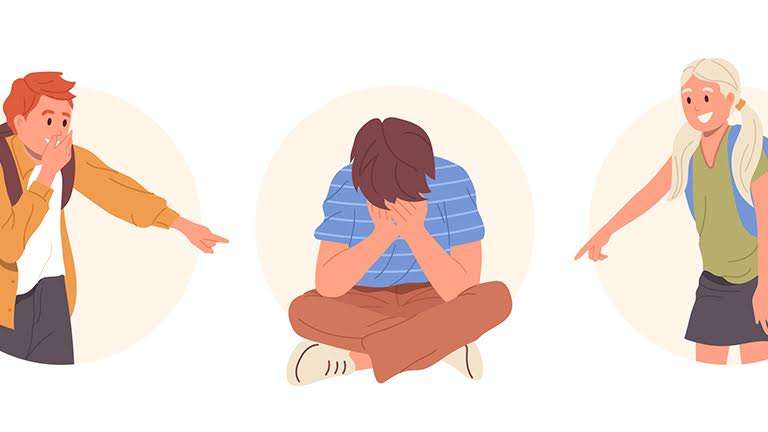
Disruption can either empower us or haunt us. The personal impact of unexpected life events depends on the meaning we choose to give them. Experiencing self-harm as a teenager, health scares, being made redundant while I was sick and dealing with dad guilt were some of the challenges I had to learn how to navigate. I attribute much of who I am today to reframing challenges through positive self-talk and cultivating compassion and gratitude.
I was born into a traditional Asian family with two loving parents. My relationship with my father was functional, and often, there would be conflicts at home followed by yelling and screaming. I would see my mother suppressing her grief with alcohol. As a child, I would frequently find myself curled up crying in my room. Many times, I tried to run away from home and developed low self-esteem. My self-esteem issues meant I found myself living under the shadow of my father’s family which was the doing of my mind.
Life continued to throw curveballs at me at various stages of life. For example, my love for basketball was taken away from me after an incident. It was a way for me to escape the pain I felt at home. Soon I found myself alone again and had nothing to turn to and I developed suicidal thoughts. At University, I suffered from Bell’s Palsy – a partial facial paralysis for three months and had to give up the major I had been studying for, right before my exams. I also had to then extend my stay in Australia to complete my education.
When I started working I equated my self-worth through my job and became a workaholic. At 32 I was managing a team in a technology company and felt burnt-out and this is when my Bell’s palsy relapsed after twelve years. Although relapses are uncommon here I was dealing with it all over again. I felt like it was the lowest period in my life. Around the same time, I was made redundant at work with a week’s pay in hand. No amount of pleading and fighting to let me complete my notice period would change the decision of the top management. It was then that I was reminded of the words of Brian Dyson, the former CEO of Coca-Cola, “Imagine life as a game in which you are juggling some five balls in the air. You name them work, family, health, friends and spirit. And you’re keeping all of these in the air. You will soon understand that work is a rubber ball. If you drop it, it will bounce back. But the other four balls – family, health, friends and spirit – are made of glass. If you drop one of these, it will be irrevocably scuffed, marked, nicked, damaged or even shattered. They will never be the same. You must understand that and strive for balance in your life.” These words once again reminded me to maintain compassion towards myself and feel immense gratitude for those in my life.

On the 7th of April 2019, I had a 5-minute life and-death experience with my first son. The life lesson left me with a void that took me a few years, a lot of reflection, writing, and podcasting interviews to internalise it. For about six months I struggled with fear, shame and guilt as a parent. Throughout all of these experiences, I learnt two very important things:
- It is important to persevere through life’s challenges even in the face of adversity.
- It is perfectly alright to pivot from our original plan.
All of these experiences did impact my mental health journey and it was through showing compassion and gratitude that I am able to write this article.
The Transforming power of compassion and gratitude
I was estranged from my larger family for a very long time which was the result of feeling overshadowed by them. We clarified a lot of unspoken assumptions and misunderstandings in our family that no one had spoken to us about. Our openness led to more intimate conversations and meetings with other family members. I found out that although I had not spoken to any of my brothers for 38 years, it turned out that we had the same favourite self-help book, ‘Tuesdays with Morrie’. Reuniting with my brothers and sisters helped me find the missing identity of my inner child.
Receiving a congratulatory text from my father on the release of my new book flooded my mind with several memories from my childhood. It was only when I became a father that I truly appreciated the burdens he carried for looking after two families. I now understand how difficult it could be for a working parent to create a work-life imbalance. Today I appreciate how easy it is to be hard on others, including our parents, and to wish we had been raised differently. Most parents do the best that they can and showing them gratitude for everything that they do is the most compassionate thing we can do.
The Transforming Power of reframing negative thoughts
In my book ‘Unstuck’, I write about four narratives which I incorporate into my day to ensure I am active, positive, curious and kind. The framework is called HOLO.

Health First :
Health stands for physical and mental health. When you are not well, you check out, you can’t be present, and you can’t bring your best self to achieve the things you want in life.
Thinking Opportunistically :
Thinking positively and opportunistically requires practice. The important point to note here is not to ignore and think everything is sunshine and rainbows; the key to thinking positively is to know when to identify and call out those negative thoughts and negative emotions.
Learning :
When we are curious, we ask questions. We don’t learn by being right, we learn by being wrong.
Helping Others :
Self-orientation reduces our relevance and value to others. In order to put other people first, we need to put our own ego aside and think about what we can do to make a difference in someone’s life.
This is what I think wellness looks like.
We only have one mind, one body and one life.
When we are not well:
We can’t spend time with the people we love.
We can’t do what we love.
We can’t be our best and perform.
Photo Credits:
First image: Istock pc: treety
Second image: Istock pc: photoschmidt

Aaron
About the author
Founder at Transformative Purpose, Aaron is a mid-career executive turned award-winning business and life solution architect, performance coach, global motivational speaker, 3-time author, and worlds’ top 25 purpose podcast host. He is the author of the popular book Unstuck, a sought-after corporate speaker for international organizations. With over 18 years of leadership experience, he has led businesses across Asia Pacific, holding an MBA and a Bachelor’s degree from Macquarie University and University of New South Wales.
Recently Added
Bullying is a common problem in Hong Kong, as it is in many countries and regions across the world (Johansson et al., …
As a registered nurse, it is important for me to acknowledge the promotion of breastfeeding and educate all its benefits to mothers. …
Hong Kong is an exhilarating place. Time lapse videos of the city reveal a perpetually lit up skyline with headlights speeding back …




